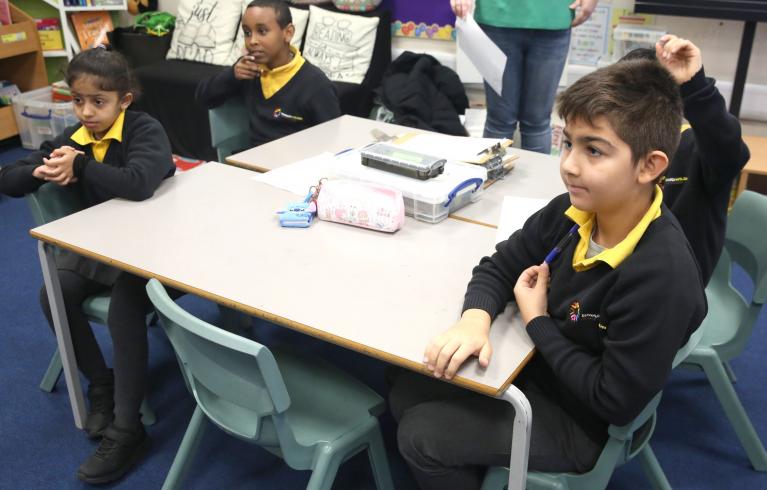
Key information
Publication type: General
Contents
The programme
The Nurturing London VRU Programme was designed to place the ‘Whole School Nurturing Approach’ into the context of violence reduction. The objective of ‘nurture practice’ is to empower adults in school to allow children and young people to engage in missing early nurturing experiences, thereby supporting the development of social and emotional skills, behaviour, wellbeing, attainment and achievement.
Activities delivered include a bespoke consultancy offer, training and nurturing solutions to restore and build trusted relationships in school through a greater understanding of attachment, child development and trauma-informed practice.
Methodology
The End of Programme report – delivered by Nurture UK - explores the development of the approach in the context of violence reduction, considering implementation, outcomes and potential long-term impact of the programme on the staff, students and schools.
The report draws on previous evaluations of the ‘Nurture approach’, and employs an evidence-based story telling methodology. Twelve stories were collected which represent the journeys of a lead consultant, a borough lead, school leaders, nurture leads and pupils.
Key findings
Staff reported knowledge development through training on attachment and trauma. Staff reported improved confidence and effectiveness in addressing pupil needs.
The initial audit conducted with the Lead Consultant assistance served as a foundation for broader nurturing solutions within schools.
The majority of participants attributed the change they saw in schools to the programme, including the prevention of exclusions in their settings.
Emerging best practice
Consultants provided guidance tailored to each school's unique context, fostering motivation among staff.
Establishing relationships within the school community was facilitated by the partnership between schools and Nurture UK Lead Consultants.
Opportunities for schools to collaborate and share experiences with others in the program were highly valued.
Challenges and lessons learned
- Leadership buy-in: the importance of leadership buy-in from schools and Multi-Academy Trusts (MATs) was seen as crucial for the success of the programme. Future programmes should prioritise involvement of school leadership to ensure commitment and success.
- Course attendance: high absence rates among school staff led to challenges in course attendance. Flexible options such as merging groups or offering catch-up sessions were implemented to accommodate fluctuating attendance rates. Despite efforts to be flexible, non-attendance remained a recurring challenge.
- Impact of the COVID-19 Pandemic: the programme was heavily impacted by the Covid-19 pandemic. Lockdowns and school closures meant a need for alternative delivery models, leading to the redesign and adaptation of programmes for virtual delivery.
- Delivery model adaptation: redesigning programs for virtual delivery posed challenges, particularly for accredited courses, requiring multiple stages of development, standardization, and quality control.
- School engagement: schools faced competing priorities during the pandemic. Some schools recognised the need for the programme due to worsening signs of mental health issues among pupils, while others had to prioritise IT training and staff wellbeing. Flexibility was required to accommodate varying levels of engagement from schools throughout the programme.